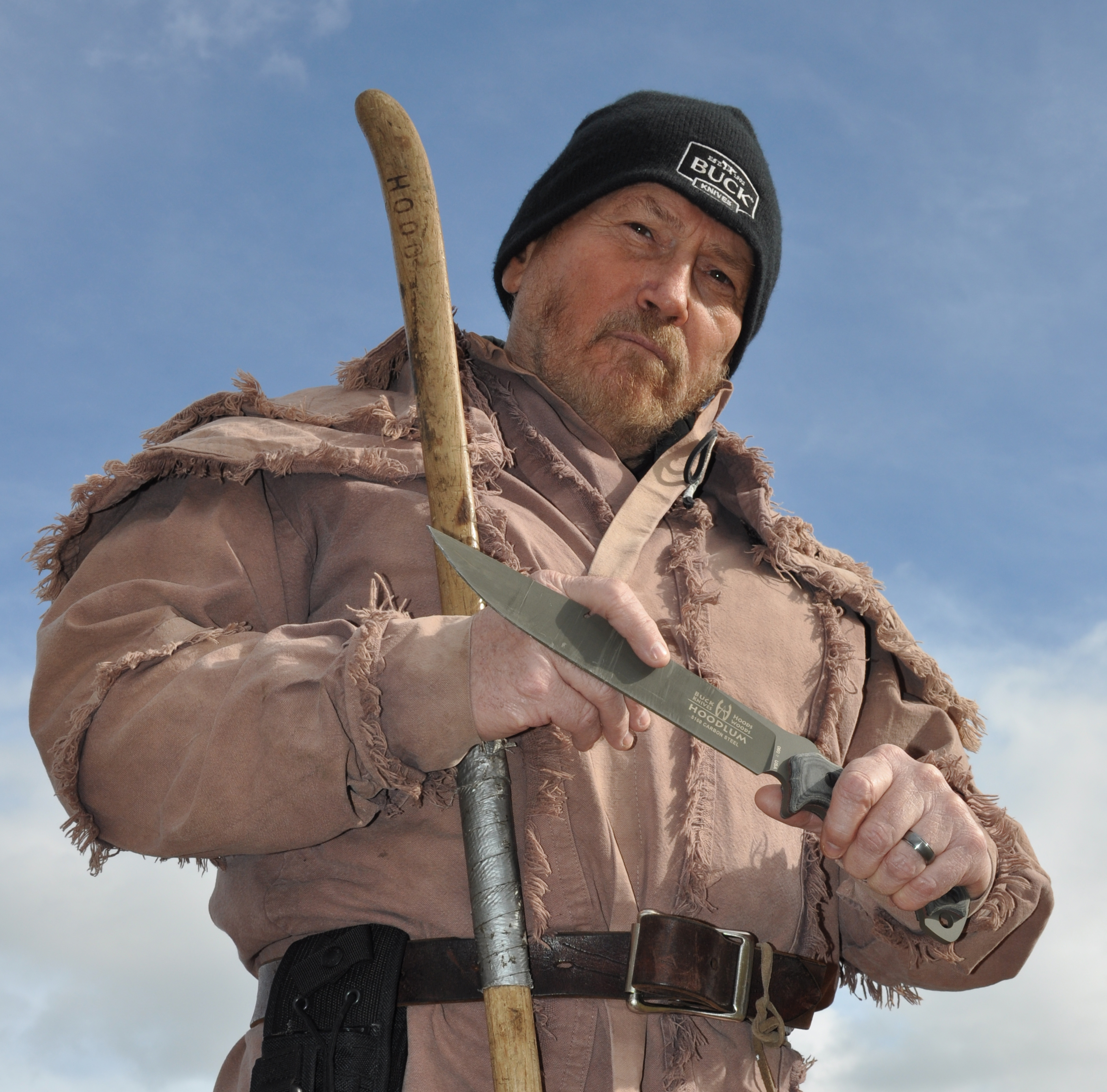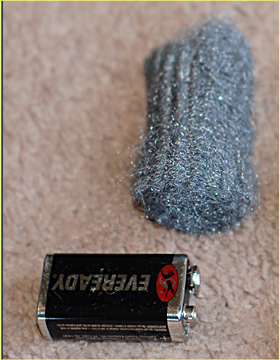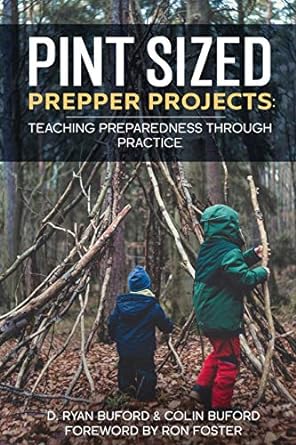[ARTICLE]: Elements of Survival 3: Survival Mindsets
Aboriginal or Primitive Survival
Military or Tactical Survival
Modern or Practical Survival
I will attempt to describe in my own words what each category means. For the record, I choose to focus on the first category which is Aboriginal/Primitive Survival...this mindset - way of being resonates to me. But over the years I have grown to appreciate and understand the other categories as well. I choose to prefer Primitive Survival as a base-line...a place to start learning; although the learning curve is much steeper than the others.
Aboriginal / Native / Traditional / Primitive / Minimalist Survival
"The more you know the less you need"
The homo sapien record to date is about 200,000 years. We as a species on this planet have had over millennia to figure out how to survive in our environment, or home - our mother the planet Earth. There has been billions that have come before us in the current modern age. And there are many current living cultures that have learned to live with the Earth from teachings from generations through the millennia. There is a lot to learn from these First Peoples both past and present. This category of survival, which I prefer to more correctly refer to as "Aboriginal" or "Primitive Living", draws heavily on those "living" traditions that have been passed down or shared over thousands of years.
According to John Young, of Wilderness Awareness School, the key to survival is knowledge of place, and Native peoples knew/know well the places where they lived and roamed. This category of survival uses the mindset that we are not apart from our environment but of or from it - we are not apart from the Earth we are OF the Earth. Our Earth Mother provides us with everything we need to survive, live, and thrive. Another concept of this mindset is, [being] naked into the wilderness,.. With Knowledge of Place one does not need a 20-40 pound backpack, and twenty different Swiss army knives to wander across our land. With Knowledge of Place one can make due with what Earth Mother provides, and do so quite lavishly.
This way of being is challenging, it comes with accepting certain truths, such as the Sacred Order, humility and submittal to the land/Earth, also honed skills and awareness that take time to develop. But it is the most reliable way of getting out of a survival situation, because the only real tools you need is your mind. It is comforting and empowering to be able to make something useful or beneficial out of seemingly useless or inert raw materials that Nature provides - this takes a fair amount of practice and honing of awareness. But, these are the building blocks of what is needed to survive/thrive in a situation, and makes up the basis for the other categories of survival as well.
Some of the proponents, resources, or inspirations I draw on are:
Steve Watts, John & Geri McPherson, Tom Brown Jr., Cody Lundin, (your friendly neighborhood) Aboriginal/Native or First Nations Peoples
Tactical / Military Survival
"Adapt and Overcome"
 I can not speak directly on the actual mind set or [wilderness] survival training the military provides. I was rejected during the induction and physical process due to asthma on my trying to enlist in my 20's; even scoring highly on their then antiquated foreign language profiency test. This was pre-9/11 before there was a scramble for foreign language-proficient enlistees ...oh well, their loss.
I can not speak directly on the actual mind set or [wilderness] survival training the military provides. I was rejected during the induction and physical process due to asthma on my trying to enlist in my 20's; even scoring highly on their then antiquated foreign language profiency test. This was pre-9/11 before there was a scramble for foreign language-proficient enlistees ...oh well, their loss.
At any rate, how I would define this mode of survival mind set as using any and every thing at your disposal to overcome or conquer the situation , this is almost and opposing mindset compared to the Aboriginal way of survival, which is: living with nature verses conquering nature.
I presume this mindset developed because the operator, or soldier in a particular survival situation has an objective other than mere survival, and thusly does not have the time to become proficient in - or utilize primitive skills based on the constraints of the timeline the objective may have. Because of the expediency of surviving through and getting on to the next objective practitioners of this mind-set tend to have a pre-made kit that they bring along, usually, in a large backpack, "Go-Bag", or a compact EDC or Every Day Carry Kit.
These packs, bags, or kits tend to be comprised of, items from the concept of The 5 C's of Survival,a concept cited on the show Dual Survival by Dave Canterbury:
- Cover [Shelter]
- Combustion [Fire]
- Carry [Water]
- Cutting [Knife]
- Cordage [Rope]
...in addition to other specialty items and navigational tools. Focus is generally on profiency in the utilization of these components of the pre-prepared kit or what they bring along. A tactical emphasis is on the components of the kit; each item should have multiple uses - items that can double as something else are preferred over items that are single-use items, this expands the capability of the kit.
Tactical Survival is a less-spontaneous, pre-planned category of survival, with an emphasis on speed and practicality. From my understanding, in the military, many high-level operators eventually get trained in some form or level of Primitive Survival...but these skill sets are only employed as a back-stop in the event the operator looses their "kit".
Some of the proponents, resources, or inspirations I draw on for this category of survival are:
The late Ron Hood, Dave Canterbury, Mykel Hawke
Resilient Living / Modern / Prepping / Practical / Urban Survival
"Always prepared"
 Always prepared, which is the Boy Scouts of America motto, is how I would define Modern or Urban Survival. This is the ability to take most anything available and make something useful out of it in an emergency or survival situation. This mind set of survival blends itself well with the Military Mindset of survival...but it also has components of the Native Survival category as well, meaning having Knowledge of Place - like being in a situation in a car, bus station, or any other urban setting or scenario instead of the forest or the natural landscape.
Always prepared, which is the Boy Scouts of America motto, is how I would define Modern or Urban Survival. This is the ability to take most anything available and make something useful out of it in an emergency or survival situation. This mind set of survival blends itself well with the Military Mindset of survival...but it also has components of the Native Survival category as well, meaning having Knowledge of Place - like being in a situation in a car, bus station, or any other urban setting or scenario instead of the forest or the natural landscape.
The motto "The more you know the less you need" also works well in this mindset of survival. If you know how to rub two sticks together to get fire in the woods, then knowing how to make fire from your car or cell-phone battery would come in handy as well when it's freezing outside and the power is out, or stranded in the middle of nowhere at night when trying to get from point A to B.
Keeping in mind the Rule of 3, the Sacred Order, The Five C's, and finding the man-made verses natural equivalents is key in this type of survival. I have definitely explored the Modern area of survival more closely out of necessity. While it is cool to be able to build a fire from natural materials from scratch in less than 10 minutes, it is a better idea to remember the lighter in my pocket if I need to get a fire going in 5 seconds if my daughter has fallen in freezing water so speed and reliability makes the difference in a life or death situation.
Some of the proponents, resources, or inspirations I draw on for this category are:
Les "Survivorman" Stroud, The late Ron Hood, fictional TV character McGyver
 Additionally, I will also have to add to the list of proponents, a recent newcommer and prepper on the scene, Big John of The Prepared Mind (ThePreparedMind.club). He is a prolific vlogger who gives daily invaluable sage advice, analysis, and humorous editorial as it relates to the world of modern survival, world and current events, and all things prepping. His slogan is one that often rings in my head, that should also be considered...that is,
Additionally, I will also have to add to the list of proponents, a recent newcommer and prepper on the scene, Big John of The Prepared Mind (ThePreparedMind.club). He is a prolific vlogger who gives daily invaluable sage advice, analysis, and humorous editorial as it relates to the world of modern survival, world and current events, and all things prepping. His slogan is one that often rings in my head, that should also be considered...that is,
- Food
- Water
- Shelter
- Medicine
- a means of Self-defense and a..
- Plan
He currently can be found on Patreaon at www.patreon.com/ThePreparedMind be sure to check him out!
Although my personal vocational emphasis is on Primitive survival, I understand that the ability to use whatever is at hand to not only survive a situation, but to live through, and thrive in a situation is the point out of all of these survival categories.







